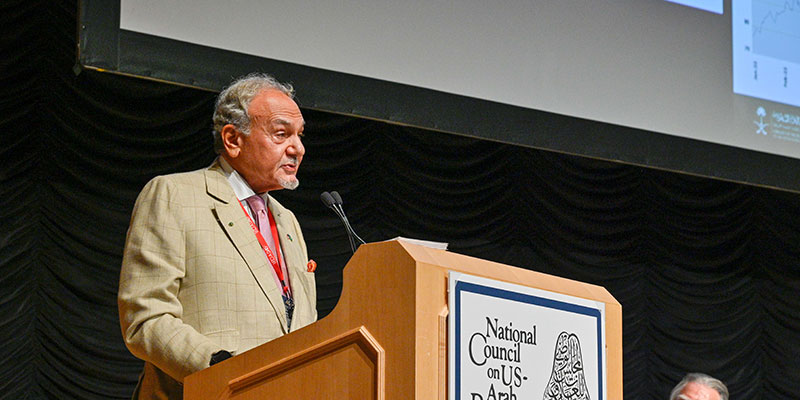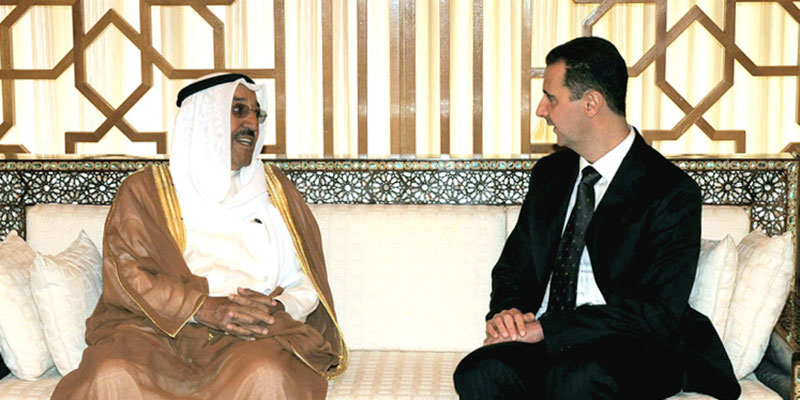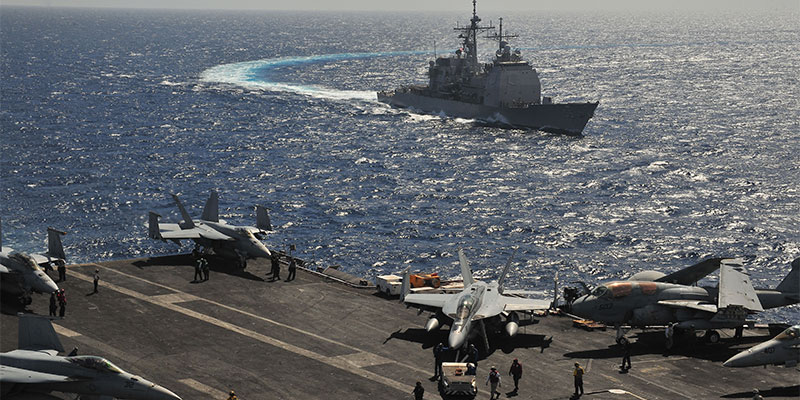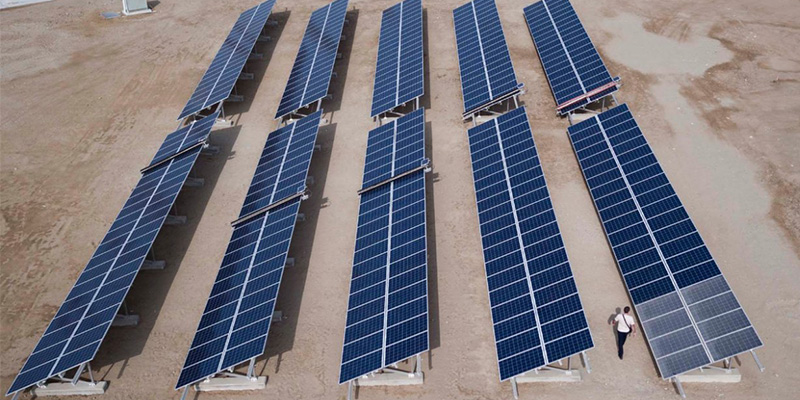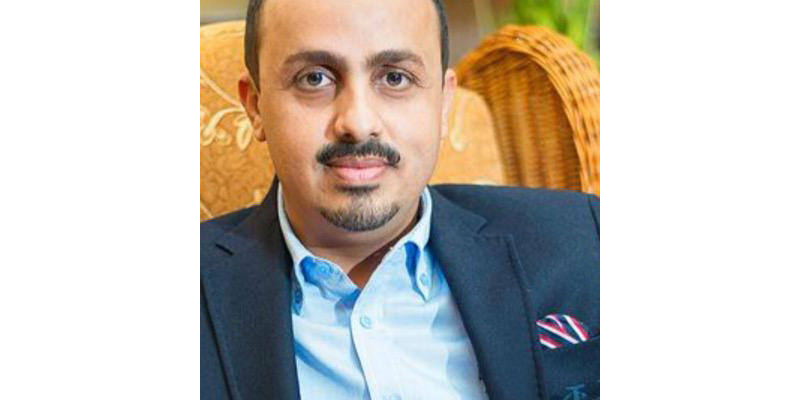Keynote speech by HRH Prince Turki Al Faisal Al Saud delivered at the National Council on U.S.-Arab Relations’ 31st Annual Arab-U.S. Policymakers Conference on November 3, 2022, in Washington, D.C.
![]()
The esteemed Foreign Affairs Magazine has accurately described our time in its special centennial issue of September/October 2022 by: ” The age of Uncertainty”. Indeed, our world is in a state of uncertainty and therefore in a state of strategic vacuum and strategic confusion. Such international strategic confusion is caused by the conduct, policies, and hypocrisy of great powers at the helm of the supposedly Rule-Based International Order. The relative world peace and security that the world “enjoyed” since the end of the second World War, multilateralism, interdependent world economy, globalism, and human achievements during peace time are all seriously threatened by this state of uncertainty. Our world is by its nature a multipolar world as reflected in structuring the UN Security Council veto power. However, bipolar and unipolar worlds were reflections of the balance of power in all aspects of power at the time. Our world today is not the world of 1945, therefore, thinking of a new approach, free of the mentality of the Cold War, is needed to manage our transforming multipolar world in an orderly and peaceful fashion to escape what Graham Allison calls: “Thucydides’s Trap” in his book: “Destined for War” discussing the future of America and China relations.
I, as many in this world, have been, for many years, calling for the need to reform the UN System, particularly, restructuring the UN Security council to reflect the aspirations of the world community and to express the structural changes transforming our world. Many reform initiatives were presented and all calls for reforming the UN Security council to be fair, inclusive, and equitable fell on deaf ears of the five permanent members. For the first time, many world leaders, including President Biden in his latest speech at the UN General Assembly called for such reform. This call does reflect a change in mind by the United States to save what is regarded as a liberal rule-based international order. This “Liberal Order” cannot be sustained as liberal if it is not fair, inclusive, equitable and reflective of our international reality. Continued uncertainty is leading to uncertain behavior by irresponsible powers and leaders that may lead to catastrophic consequences.
Continue reading “Keynote Remarks to the 31st Annual Arab-U.S. Policymakers Conference”

